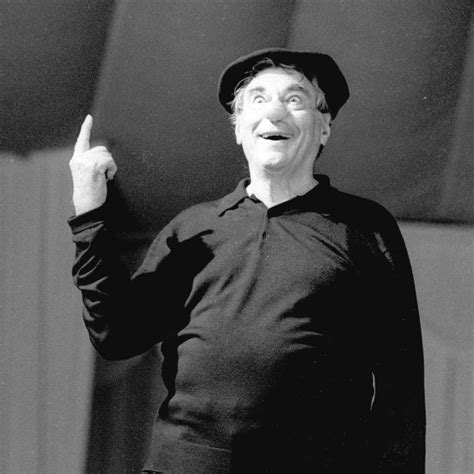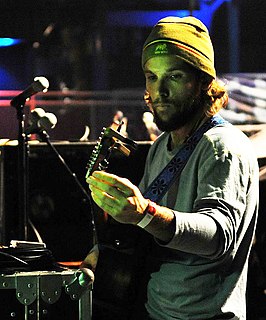A Quote by Jonas Salk
Life is an error-making and an error-correctin g process, and nature in marking man's papers will grade him for wisdom as measured both by survival and by the quality of life of those who survive.
Related Quotes
Man is made of opinions,—of truth and error; and his life is a warfare like all other lives before him.... Man goes on developing error upon error till he is buried in his own belief.... It is the office of wisdom to explain the phenomena in man called disease, to show how it is made, and how it can be unmade. This is as much a science as it is to know how to decompose a piece of metal.
When things get bad enough, then something happens to correct the course. And it's for that reason that I speak about evolution as an error-making and an error-correcting process. And if we can be ever so much better - ever so much slightly better - at error correcting than at error making, then we'll make it.
Error is a supposition that pleasure and pain, that intelligence, substance, life, are existent in matter. Error is neither Mind nor one of Mind's faculties. Error is the contradiction of Truth. Error is a belief without understanding. Error is unreal because untrue. It is that which stemma to be and is not. If error were true, its truth would be error, and we should have a self-evident absurdity -namely, erroneous truth. Thus we should continue to lose the standard of Truth.
The only thing that one really knows about human nature is that it changes. Change is the one quality we can predicate of it. The systems that fail are those that rely on the permanency of human nature, and not on its growth and development. The error of Louis XIV was that he thought human nature would always be the same. The result of his error was the French Revolution. It was an admirable result.
There exists a black kingdom which the eyes of man avoid because its landscape fails signally to flatter them. This darkness, which he imagines he can dispense with in describing the light, is error with its unknown characteristics. Error is certainty's constant companion. Error is the corollary of evidence. And anything said about truth may equally well be said about error: the delusion will be no greater.
As soon as error is corrected, it is important that the error be forgotten and only the successful attempts be remembered. Errors, mistakes, and humiliations are all necessary steps in the learning process. Once they have served their purpose, they should be forgotten. If we constantly dwell upon the errors, then the error or failure becomes the goal.
It is (to describe it figuratively) as if an author were to make a slip of the pen, and as if this clerical error became conscious of being such. Perhaps this was no error but in a far higher sense was an essential part of the whole exposition. It is, then, as if this clerical error were to revolt against the author, out of hatred for him, were to forbid him to correct it, and were to say, "No, I will not be erased, I will stand as a witness against thee, that thou art a very poor writer."
Early on, I learnt from the Russian intelligentsia that the only meaning of life lies in conscious participation in the making of history. The more I think of that, the more deeply true it seems to be. It follows that one must range oneself actively against everything that diminishes man, and involve oneself in all struggles which tend to liberate and enlarge him. This categorical imperative is by no way lessened by the fact that such an involvement is inevitably soiled by error: it is a worse error merely to live for oneself, caught within traditions which are soiled by inhumanity.


































